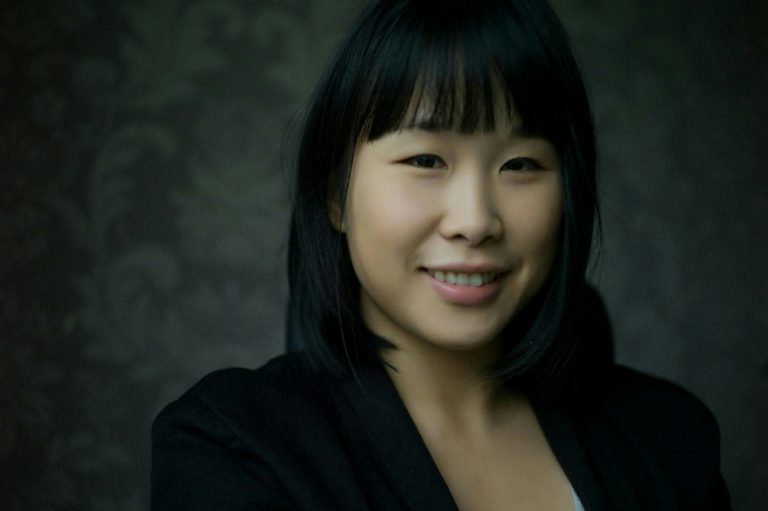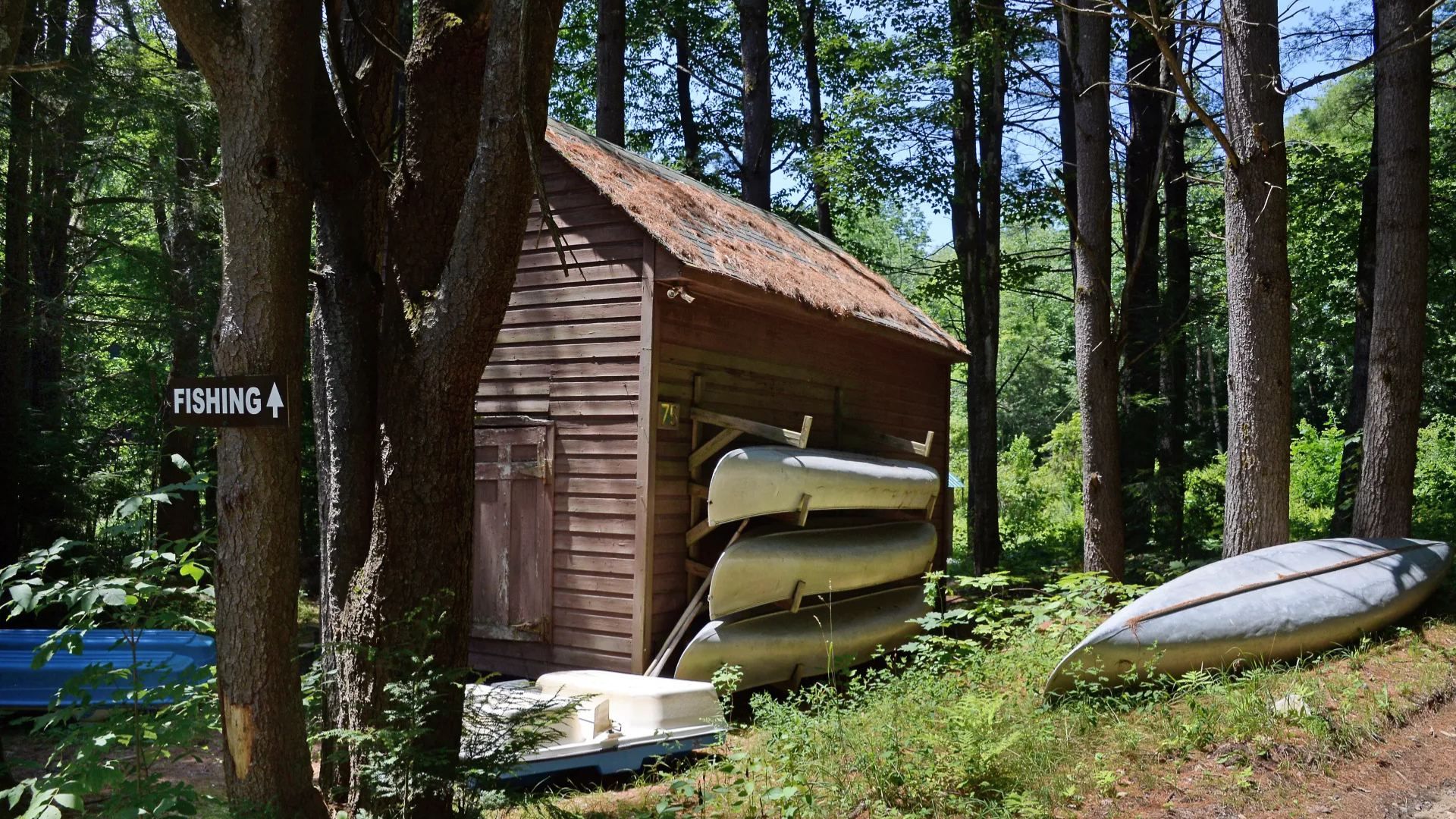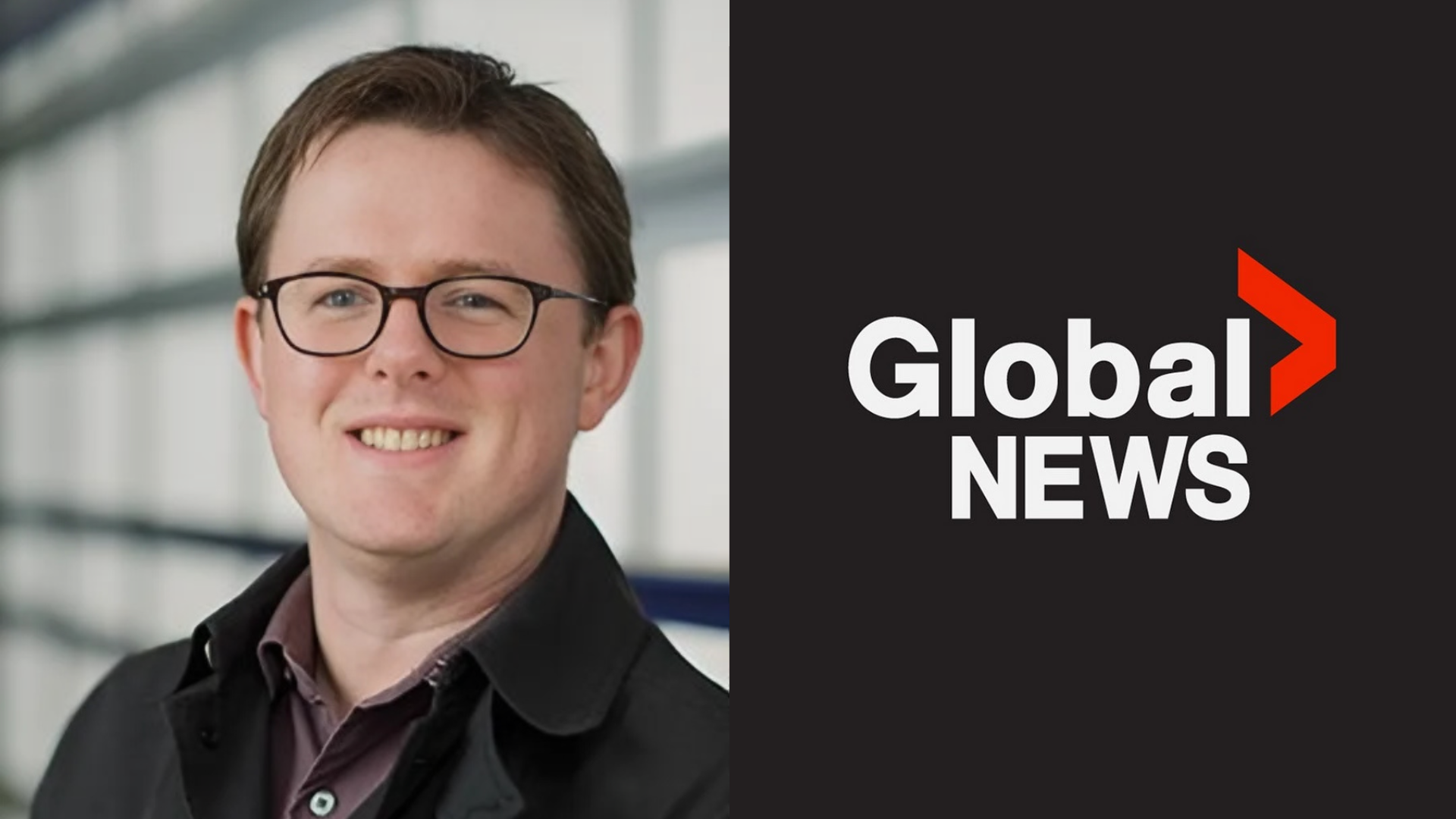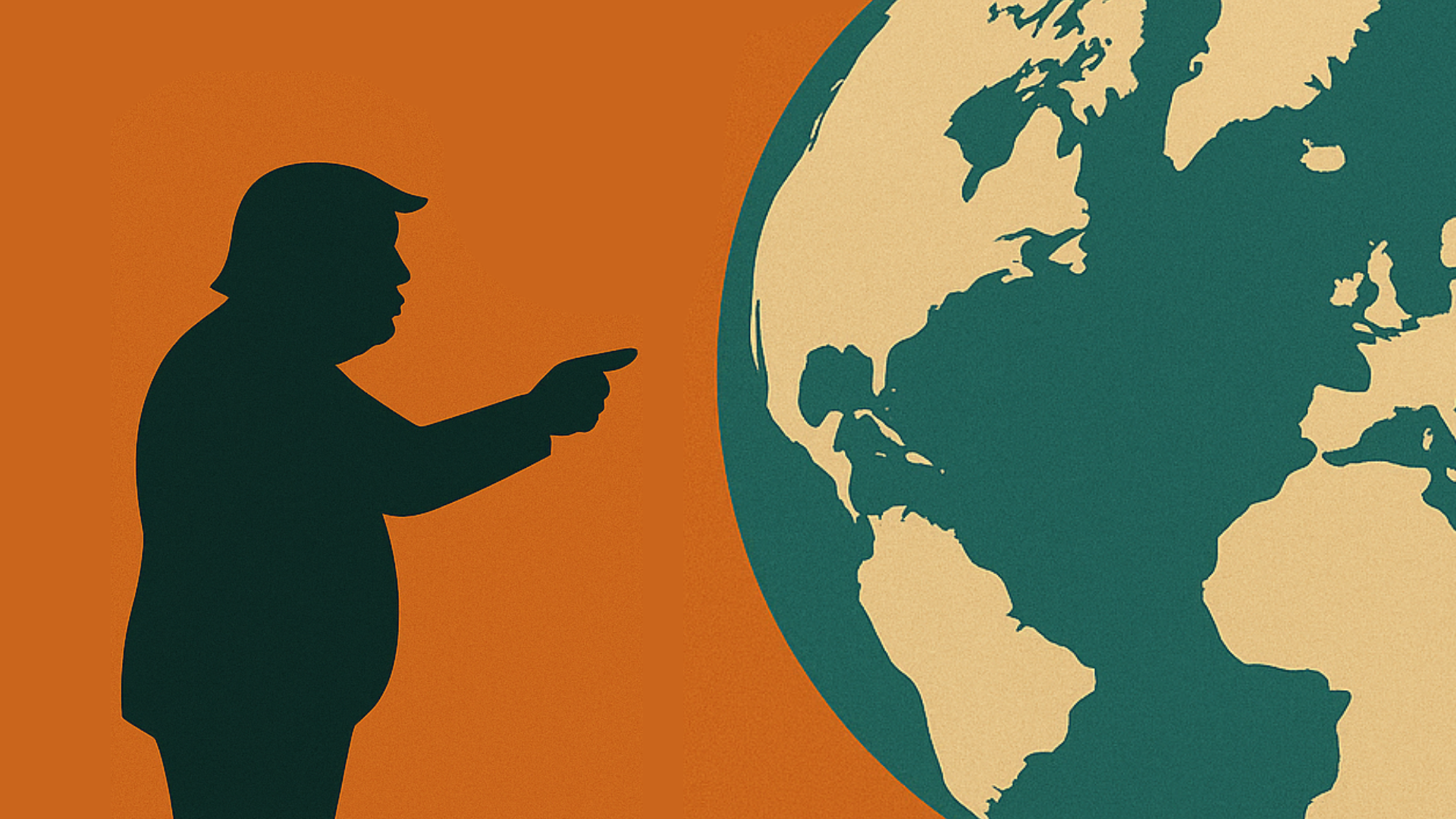

Joanna Chiu, a 2010 History Honours graduate, applies her knowledge and passion for Chinese history in her career as a journalist. Joanna is the Bureau Chief at the Star Vancouver, the West coast newsroom of the Toronto Star, where she focuses her reporting time on telling the complex and nuanced stories of China-Canada relations.
Joanna discusses how her history degree informs her career in journalism and provides useful insight for other students considering a similar path in the Q&A below.
Why did you pursue a history degree?
I have always loved to write, and I knew this would be a big part of my education. I also wanted to expand my knowledge and explore different subjects. With Arts degrees, you develop your writing skills through the assignments. I didn’t know what I wanted to focus on in my first year at UBC, so I took a sampling of everything.
My path became clearer after taking an introduction to the history of China course. It was the most interesting course I ever took at UBC! I was inspired to learn as much as I could about China and the surrounding Asian countries, and history offered this knowledge. In addition to taking every history course related to modern China, I took complementary courses in the Asian Studies Department to develop a broader view.
Near the end of my degree, I was so interested in China that I wanted to experience China first-hand as a journalist. I was actually studying history with an aim to apply those skills to a career in journalism.
Why did you choose the History Honours Program?
I didn’t think I was specifically interested in the program until I was fully committed to take a deep dive into Chinese history.
The honours degree was a good way to have a particular focus, and it felt like a practice run at graduate school. We had small seminars and were responsible for taking on a thesis project.
I was able to explore my interests in China in my thesis project by researching how women in revolutionaries used their writing as a way to grapple with the modernizing of China and how to actively change social norms.
My supervisor was Timothy Cheek, who is a scholar in Chinese history, and we have kept in touch to this day. I was lucky to stay connected with Prof. Cheek and other professors at UBC while I was living in China. They were very helpful whenever I had questions.
What skills did you acquire from your History Honours degree?
We spent a lot of time questioning the narratives of history and focused on how reality is shaped by the sources, the lens, and the biases that exist. These critical thinking skills were not only important for my studies in history but also something that I take with me every day in journalism.
These skills primed me to be good, skeptical journalist. You really can’t take things at face value, even if it happened yesterday. The perception can be shaped by who is telling the story, what media covers it, and the angle of the story.
What steps did you take after you completed your degree at UBC?
When I finished my degree at UBC, I did an internship in New York for the magazine Nation and then applied for graduate school at Columbia University. I completed my Masters Degree in Journalism from Columbia in 2012 focusing on foreign correspondence and international reporting.
Through my program, I was connected with an internship at the South China Morning Post in Hong Kong. I worked really hard in this internship and was hired on as staff. I also wrote part-time for The Economist in Hong Kong. I then moved to Beijing and worked for Deutsche-Presse Agentur and Agence France-Presse.
How is your history degree applied to your career?
My history degree gave me the base knowledge about China and has helped my career run smoother. I witnessed colleagues with no prior background in Chinese history try to study it while on location in China and it’s a steep learning curve. Prior to my degree, I was aware of the history of Hong Kong since my family background is from there, but my knowledge on China was limited. I learned so much about the politics, culture, and everyday life of people in China through my degree and this knowledge has been essential to my stories on China.
When I first started to get into journalism, an experienced journalist told me that becoming an expert in the areas you want to write about is most important and will set you apart. This was great advice — the “journalism skills” can be acquired after an expertise in an area has been built.
Are you enjoying your position with the Star?
Yes, this is a dream job! My heart is set on staying connected to the Asia Pacific and I believe that Vancouver is part of it. The Star nationalized last year so the Vancouver bureau is a fairly new entity here as part of a national paper. We can tell stories of China in Canada and we have a lot of flexibility to do so.
I am grateful to be running a newsroom with an excellent team. Our team has added value and analysis to hot topics including the arrest of Huawei CFO Sabrina Meng Wanzhou; an arrest that took place on our doorsteps here in Vancouver. Our stories offered perspectives from people who have lived in China, have family backgrounds there, and personal interests in the country.
I am currently working on a story about a Canadian student who is getting harassed by the Chinese police to delete social media posts and threatening consequences. It is interesting to tell a story about how the Chinese Communist Party’s authoritative rule is expanding overseas.
It is rewarding to have the context of my history degree and experience in China to tell these stories that are important to Canada.
Any advice for current students? Any advice for pursuing journalism?
University is a great opportunity to explore and not to be too focused on one thing. Once you graduate, you will have less time to learn and gain a wider knowledge. If you have a particular interest — for example Brazil— take courses that focus on Latin America.
Have an open mind! I took courses all over the map. I trusted my instincts that history appealed to me. I also didn’t worry too much about the end result or how I would make money afterwards.
For those who are thinking of journalism, you really need to be passionate and enjoy the industry. It would be hard to get up every day and deal with the high pace, pressure, and deadlines if you were not invested. News happens at any time of the day — sometimes things happen in the middle of the night. If you’re a committed journalist, you will want to tell the story right when it comes out.
For more information:
https://www.thestar.com/authors.chiu_joanna.html
https://extendedlearning.ubc.ca/about-us/our-students/joanna-chiu


